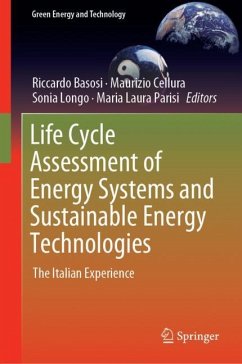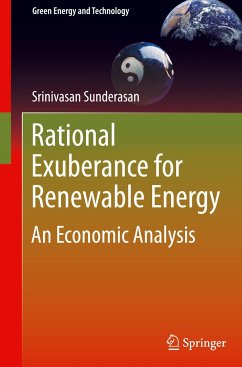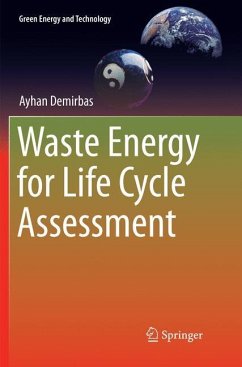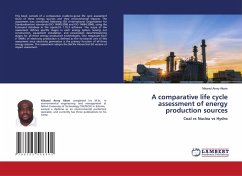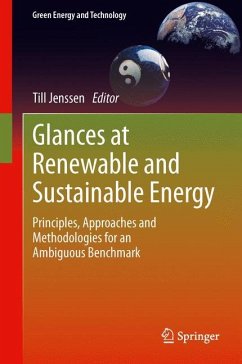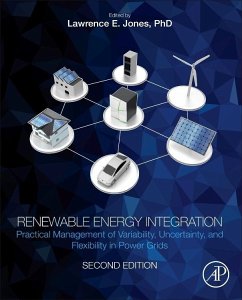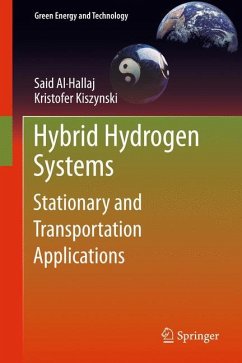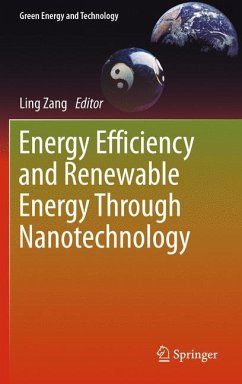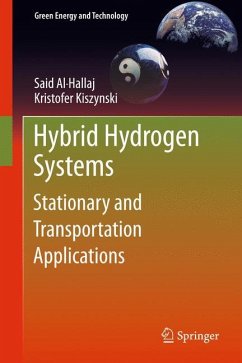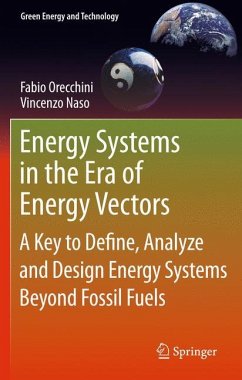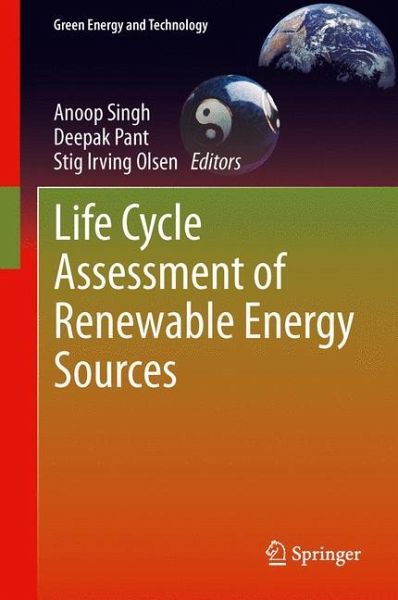
Life Cycle Assessment of Renewable Energy Sources

PAYBACK Punkte
38 °P sammeln!
Governments are setting challenging targets to increase the production of energy and transport fuel from sustainable sources. The emphasis is increasingly on renewable sources including wind, solar, geothermal, biomass based biofuel, photovoltaics or energy recovery from waste. What are the environmental consequences of adopting these other sources? How do these various sources compare to each other? Life Cycle Assessment of Renewable Energy Sources tries to answer these questions based on the universally adopted method of Life Cycle Assessment (LCA). This book introduces the concept and impor...
Governments are setting challenging targets to increase the production of energy and transport fuel from sustainable sources. The emphasis is increasingly on renewable sources including wind, solar, geothermal, biomass based biofuel, photovoltaics or energy recovery from waste. What are the environmental consequences of adopting these other sources? How do these various sources compare to each other?
Life Cycle Assessment of Renewable Energy Sources tries to answer these questions based on the universally adopted method of Life Cycle Assessment (LCA). This book introduces the concept and importance of LCA in the framework of renewable energy sources and discusses the key issues in conducting their LCA. This is followed by an in-depth discussion of LCA for some of the most common bioenergy sources such as agricultural production systems for biogas and bioethanol, biogas from grass, biodiesel from palm oil, biodiesel from used cooking oil and animal fat, Jatropha biodiesel, lignocellulosic bioethanol, ethanol from cassava and sugarcane molasses, residential photovoltaic systems, wind energy, microalgal biodiesel, biohydrogen and biomethane. Through real examples, the versatility of LCA is well emphasized.
Written by experts all over the globe, the book is a cornucopia of information on LCA of bioenergy systems and provides a platform for stimulation of new ideas and thoughts. The book is targeted at practitioners of LCA and will become a useful tool for researchers working on different aspects of bioenergy.
Life Cycle Assessment of Renewable Energy Sources tries to answer these questions based on the universally adopted method of Life Cycle Assessment (LCA). This book introduces the concept and importance of LCA in the framework of renewable energy sources and discusses the key issues in conducting their LCA. This is followed by an in-depth discussion of LCA for some of the most common bioenergy sources such as agricultural production systems for biogas and bioethanol, biogas from grass, biodiesel from palm oil, biodiesel from used cooking oil and animal fat, Jatropha biodiesel, lignocellulosic bioethanol, ethanol from cassava and sugarcane molasses, residential photovoltaic systems, wind energy, microalgal biodiesel, biohydrogen and biomethane. Through real examples, the versatility of LCA is well emphasized.
Written by experts all over the globe, the book is a cornucopia of information on LCA of bioenergy systems and provides a platform for stimulation of new ideas and thoughts. The book is targeted at practitioners of LCA and will become a useful tool for researchers working on different aspects of bioenergy.





